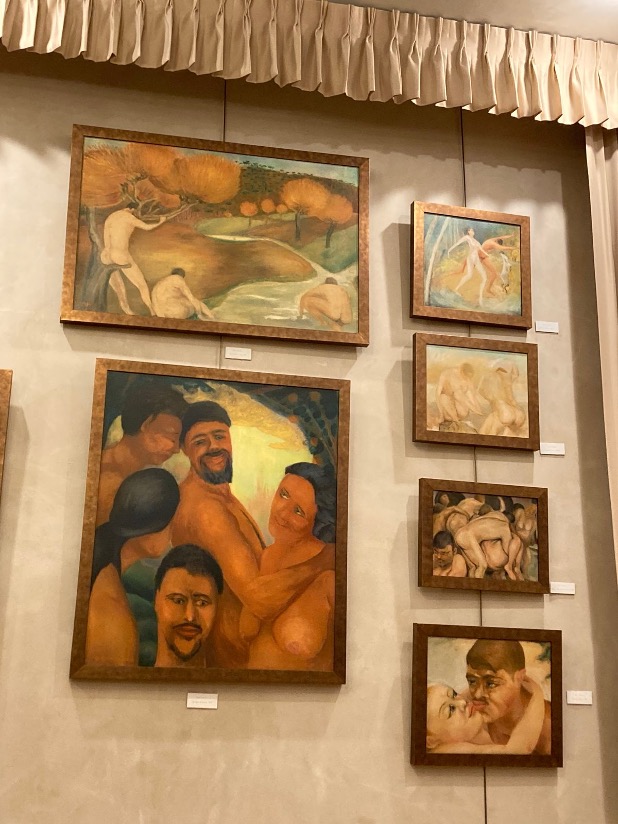
Taos has a certain style.
Above are some of the pictures which were drawn, painted, scrawled by D.H. Lawrence in the 1920’s. They hang in a private “Gallery” in Taos, a town in New Mexico. When I first came upon them in 1982, they were hidden behind a curtain. Too pornographic to be shown in Great Britain, these paintings were “exiled”, otherwise if they had not been removed from British shores, they would have been destroyed.
In the 1920’s Lawrence, with his wife Frieda, decamped to Taos aiming to start an artist’s colony, and where Lawrence could indulge himself in painting instead of writing. That was not completely true because Lawrence wrote The Plumed Serpent while they were there. They stayed for only two years. The experiment thus never worked, compounded by discord among the members of the putative artists’ colony
Lawrence died in 1930 of tuberculosis in Venice (although Provence is mentioned). They still had the ranch. Lawrence’s ashes were bought back to Taos five years later, and mixed by his widow with cement for the altar built as his memorial overlooking the Rio Grande Valley. Remember, Taos is at an elevation of 2,121m.
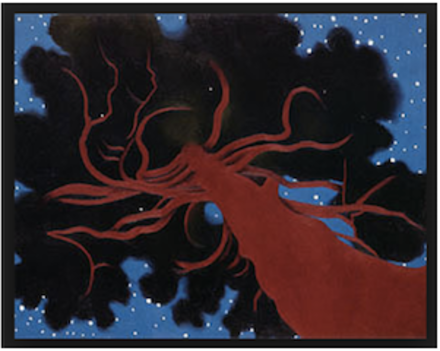
Frieda bequeathed the ranch to the University of New Mexico in 1956. The property was left largely as Lawrence would have remembered it. Lawrence’s Tree, a giant ponderosa pine immortalised in a painting by Georgia O’Keeffe, still towers over the simple former homesteader’s cottage.
I first went to Taos in 1982. I had been in Albuquerque visiting a hospital on the Friday. A friend of mine flew over from San Francisco and suggested we go to Taos for the weekend. The drive was over two hours, going via the State Capital, Santa Fe, and along the Rio Grande River. We stayed in an adobe motel, one of the buildings lining the central square. Taos retained a certain pueblo shtick.
We heard about the banned Lawrence paintings and how they were kept behind a curtain, in the office of the owner of the Hotel La Fonda. Saki Karavas was an affable, thickset Greek who welcomed our enquiry about the paintings. We were the only the two people there at the time; he charged us a nominal amount of money and then elaborately pulled back the curtain. Voilà.
He said he had purchased nine of them in 1956 but didn’t tell us how much they cost.
Although we didn’t know it at the time, this is the largest collection of Lawrence paintings in the world. Karavas singled out the two paintings, which were among those confiscated in London – Fight with an Amazon and Dance-Sketch. I said to my companion, why?
I reckon then these paintings were considered too pornographic to put on display because Lawrence’s novel, Lady Chatterley’s Lover, provided the necessary background notoriety. The book had been banned for so long, it became a surrogate for censorship, even though the ban was lifted in Australia in 1965.
When I went back 30 years later, Karavas had long since died, but the paintings were still there (for an increased viewing charge). Photography was allowed, but my companion on this occasion, even though a keen photographer, said why would she bother photographing them. So, she didn’t. She found them boring and not well painted.
As I’ve mentioned in a previous blog, we were more concerned to buy a melonhead Kachina doll. Having seen a good example, we told the shop owner we would return the next morning when the owner was to come to open his shop. He never did.

We still loved Taos, especially in the early morning when the air was crisp and all the russet and terracotta and burnt sienna colours were on show in what still had that Indian pueblo effect.
Lawrence too was not oblivious to his surrounds. He wrote a poem “Autumn in Taos” – in part:
And then to look back to the rounded sides of the squatting Rockies.
Tigress brindled with aspen,
Jaguar-splashed, puma-yellow, leopard-livid slopes of America.
Yes, we looked back; and saw Taos retreating as we drove down to catch our plane. Not sure we saw the animal colours.
Requiem for a Light Welterweight
White House spokesperson Andrew Bates confirmed that Biden had seen the White House physician to check on the cold. But on Friday, White House press secretary Karine Jean-Pierre said the opposite, telling reporters that Biden had not had any kind of medical checkup since February. Boston Globe.
Since President Biden does not have Parkinson’s Disease doesn’t mean that he doesn’t have a Parkinsonian variant such as Progressive Supranuclear Palsy (PSP). Good days and bad days. Falls. Getting more frequent episodes over time. What we saw at the debate doesn’t look like simply an episode explainable as just a bad cold and jet lag. Some national and international colleagues say he is having more frequent problems with his speech. His gait abnormality. His stare. His abnormal face of “surprise”. Tangential speaking which is soft and garbled – Washington Post reader
When I read these comments about Biden, it was a perfect definition of denial on one hand and clinical acumen on the other. When Biden ultimately collapses, as he will unless he quits the race, the retribution will be long and hard. These stupid Biden advisers who have facilitated the resurrection of Trump will be the scapegoats deservedly when Biden fails if not persuaded to step down.
The problem with the Democratic Party, there are too many just like Biden. This is the tribe who should have stopped their cosmetic surgery and Botox years ago in order to try and fool the ageing process – and the leader of this mob is Nancy Pelosi, who I hope is not following in the steps of Senator Feinstein, also from California, who was a tragic demented remnant for years, refusing to resign, dying in office last year at 90 years, a wasted seat in the Senate. The problem is not new. Both the Congress and Senate are a ruling gerontocracy.
The infection has spread to the Presidency.

If Biden says that he will not stand again it will be a circuit breaker. The reason? It will leave Trump exposed. Trump then can no longer deflect the age question onto his opponent. He’ll become the target, and then there will be clear air to determine the level of Trump’s cerebral decay.
The problem: Biden is so separated from reality that he is incapable. Picture a drooling, incoherent shell in November, every State lost. Trump is a pathological liar, a plaintive cry echoing around halls where the blue bunting lies limp. Why, because America is a place where the ruling class believe that ageing can be halted if you wish hard enough. No, untrue!
Yet the Democratic party paradoxically, apart from the geriatric layer at the top, has much talent. Not Kamala Harris, who has had her chance. Not Newsom, the Governor of California, too slick and too vulpine.
Apart from the disastrous Obama, whose judgement never matched his rhetoric – as example, his support for the wooden unelectable Hilary over Biden as his successor – both Clinton and Carter came from Southern States, once Democratic territory but now tomato red (Arkansas) and plum-coloured (Georgia). It remains a useful pointer.
Any of Andy Beshear, Governor of Kentucky, Amy Klobuchar, long serving Senator from Minnesota, or Gretchen Widmer, Governor of Michigan, would wipe any floor upon which Old Man Trump would attempt to stand, his wonderful imitation of Toad of Toad Hall wreathing his vermillion visage slowly dissolving into a black iguana snarl.
Stumbling in their way is the rigid figure shorn of his electability, Biden, a stubborn old man exhibiting the fact that he has always been a selfish mediocrity – a junior welterweight not acknowledging the towel falling in his political ring.
As Biden said on Tuesday: “I’m not going anywhere”. Only too true.
Peripheral Neuritis
In the perpetual cycle of medical misinformation swirling around Biden, his condition is stated to be partially attributable to mild peripheral neuritis with “subtle changes in response to heat/cold” as though one gets a tincture of peripheral neuritis and it is some trivial disease.
Maybe, his doctor speaks verities, this comment also seems to be set up for the doctor to dismiss Biden having a diabetic neuropathy, judging by the tenor of his Report on Biden’s health – or else to distract from a more worrying central lesion of his nervous system. But then am I just another “Conspiratory theorist”?
Let me just say, peripheral neuritis is crippling. I ought to know. I have it as a complication of my underlying disease which lay undiagnosed for the best part of a decade. This missed diagnosis provided plenty of scope for the complication of peripheral neuritis to supervene. It did not particularly help when I realised how serious it seemed to be and there was the three-month delay in getting an appointment with a neurologist. Once I saw her, she was very good, and referred me onwards where I have been diagnosed and treated.
Nevertheless, the changes are irreversible, and I have lost sensation in the classic “glove and stocking” manner. In other words, I have impaired neuro-conduction defects in my lower legs and feet as well as my hands and lower forearms.
In fact, in the sural nerve which innervates the area around the Achille’s tendon, a purely sensory nerve, I have nil response to stimulation in both left and right legs.
 I walk with difficulty, because peripheral neuritis affects the motor neurones also, so walking becomes increasingly difficult and climbing stairs is a step too far.
I walk with difficulty, because peripheral neuritis affects the motor neurones also, so walking becomes increasingly difficult and climbing stairs is a step too far.
But apparently not for Biden, the Man with the Mild Maladies.
The Modest Member
In the 70’s I convened a conservative think tank called GRAPPL – Group for the Rational Advancement of Progressive Liberalism. It met monthly in the Vaucluse Hotel in Richmond, when Graeme Richmond was the publican.
The genesis of the Group was discussions among a number of young people who were interested in producing policy documents which could be circulated among politicians, public servants and others who were relevant for a particular policy. Most of the participants were then in their thirties, and some had already had substantial achievements; so there was a ripple of influence already through this Victoria-based group. For the group it was useful that the Coalition parties were in power during its active years, so there was fertile ground to lodge the papers.
Surprisingly for a Victorian group, arising in a traditionally protectionist State, the Group was adamant in support of free trade. It was still a time when Australia was in the grip of McEwenism, named after the former National Party leader, John McEwen. He was the member for Murray in Northern Victoria from 1934 to 1971, and ultimately a malignant force in the growth of Australia. Talk about the Tariff Iron Curtain!
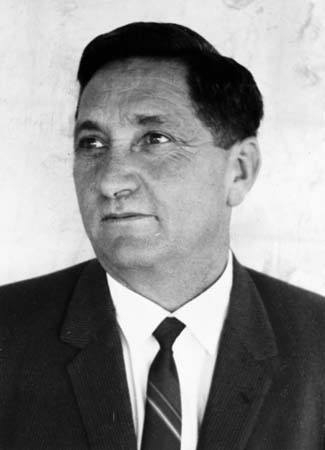
Bert Kelly was a farmer, who represented the Liberal Party in the South Australian rural seat of Wakefield from 1958 until 1977, when he was rolled at the preselection. After he left Parliament, he continued to write his Modest Member column in the AFR. By this time he had attracted a number of like-minded Liberal Party politicians to his quest of inducing change in Liberal Party policy, even though the then Prime Minister Fraser was an intuitive protectionist. I remember being in the USA in November 1982, and the Australian dollar was grossly over-valued. I then was changing one Australian dollar for US$1.20. This was a side product of the persistence of the McEwenism, which required a Labor Government under Hawke to remedy the situation.
I did not have much to do with Bert Kelly. As far as I can remember he never came around to Snedden’s office. I reckon he saw Bill Snedden as a lightweight, and since he had been Treasurer under McMahon and was from Victoria, he would be a protectionist anyway – which, Bert, was not quite right. Snedden was brought up in Western Australia.
On one day in 1979 following release of some GRAPPL papers supporting free trade, I was surprised to receive a letter from Bert Kelly, who by that time was no longer a Member of Parliament and living in Burnside, a foliage-rich Adelaide suburb nestling in the foothills of Mount Lofty:
Dear Dr. Best
I have been very busy lately so have not been able to read the two Grapple papers with the thoroughness that they no doubt deserve. However, I gave them to my economic mentor to study and Eccles was most impressed. Indeed, his comment on Dr Walls’ paper (Jamie Walls was later the convenor of GRAPPL) to the effect that he could not have done as well himself. And such a comment from a self-opinionated blighter like Eccles is high praise indeed.
I don’t know anything about your organisation, but if these two are fair samples of what you are about then I wish you well indeed because Australia desperately needs this kind of horse sense as never before.
Good luck
Bert Kelly (signed)”
Professor Eccles was one the characters Bert Kelly made up to ensure that he had his own coterie of believers, when all around were not. But in the end Bert did win out. This succinct letter is one of my most valued possessions.
Bert Kelly was a great Australian; and you know the Liberal Party never kicked him out. He just lost pre-selection when the redistribution reduced the number of South Australian seats in the House of Representatives. The genial nonentity who had been the member for the abolished seat moved over and was pre-selected. That’s how we do it in Australia. Tall Poppies lie strewn on the Political Road.
The Razor’s Edge
While many books have had an impact on me over the years, only one can truly be said to have changed the way I look at the world, and thus changed my life. It was a bestseller when it was released in 1944 but has since fallen off many people’s radar because it is not considered a “classic.” In the case of the great English novelist and playwright W. Somerset Maugham, this “classic” label has long been applied to his book Of Human Bondage, yet not the one that changed my life: The Razor’s Edge. The Razor’s Edge is not simply Maugham’s finest novel, however; it is easily one of the best novels of all time. – Paul Combs
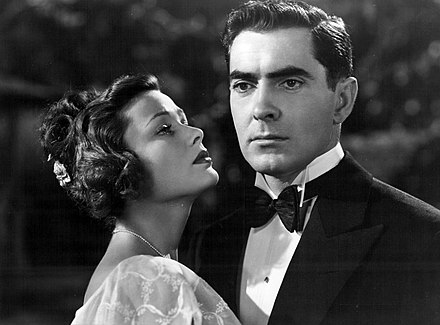
I finished reading Razor’s Edge, a first edition of Somerset Maugham’s book ostensibly about a war-traumatised American called Larry Darrell, but really about Somerset Maugham, the observer of a group of people moving with varying degrees of grace across a mainly post WWI landscape. It was an intense book; and the interchange between the author and Larry near the end of the book about the spiritual experience which Indian Hinduism cast upon Larry was the element which emotionally exhausted me. The ending was just where Maugham stopped writing. Life is a loose end; and I just put the book down, emotionally wrung out. I have never experienced that sense of emotional exhaustion in any book that I had read previously.
This edition was printed in 1944 on the inferior paper of wartime, which only intensified the intimacy of a book. Maugham had distilled his experiences of this group of people, and the book starts slowly. As the players emerge, it gathers pace from its languid start, where Elliott Templeton, the elegant snobbish well-to-do flâneur, serves as the medium through which the plot gathers speed with the introduction of Larry’s fiancé, Isabel and the Matunin family into which she ultimately marries Gray, the scion.
She prefers luxury to Larry; but if I go further this is to summarise the book; rather to stimulate one’s interest. I have not forgotten the tragic Sophie MacDonald, and here I felt the razor’s edge, which comes from a passage in the Upanishads: “The sharp edge of a razor is difficult to pass over; thus the wise say the path to Salvation is hard.”
Finally, on the flyleaf was a brief annotation from Nita dated Christmas 1944 “A very happy Xmas to my Darling.” So tender; so anonymous; never expecting an intrusive reader eighty years later. What prompted my intrusion were the lightly pencilled underlining, which commenced on page 152 with: Passion is destructive…and if it doesn’t destroy it dies. On to page 167, you know women are very unfortunate, so often when they fall in love, they cease to be lovable. Then to 253, I know by personal experience that in nothing are the wise men of India more dead right than in their contention that chastity enhances the power of the spirit…but that happiness rests not in them, but in spiritual things. And they think the way we have chosen leads to destruction.
Finally on page 254: I happen to think that the greatest ideal man can set before himself is self-perfection…nothing that happens is without effect. If you throw a stone in a pond the universe isn’t quite the same as before… when a man becomes pure and perfect the influence of his character spreads so that they who seek truth are naturally drawn to him.
A reflection in pencil perhaps in the winter of 1945, of someone perhaps the object of Nita’s affection. Marginalia underlined, by that someone, now a ghost but who discloses his hand, which frankly I find uncomfortable.
As for myself, I prefer another excerpt:
Larry gave a little smile. “Of course, it may be that I’d fallen into a doze and dreamt. It may be that my concentration on that feeble flame had induced a sort of hypnotic condition in me and that those three figures that I saw as distinctly as I see you were recollections of pictures preserved in my subconscious. But it may be that they were myself in past lives. It may be that I was not so very long ago an old lady in New England and before that a Levantine Jew and somewhere back, soon after Sebastian Cabot had sailed from Bristol, a gallant at the Court of Henry Prince of Wales.”
To me, it rings true – what he is describing the sensation brought through his meditation is tapping into focal points along his string of pearls, his DNA, which holds and guards his inheritance. I must try staring into a flame sometime to see if it shakes up by DNA threads to release my ancestors to touch one of my senses.
Mouse Whisper
You know even we mice are amazed by the Robinette Biden, the old codger who says that only the Lord God Almighty will persuade him not to stand again from US President. I believe that constitutionally America has separated Church from State, otherwise would he dare ignore the electoral process if he heard his Lord God Almighty say to him, “No. Stay on, the Polls are just a trivial Temporal process, which I have not ordained.”



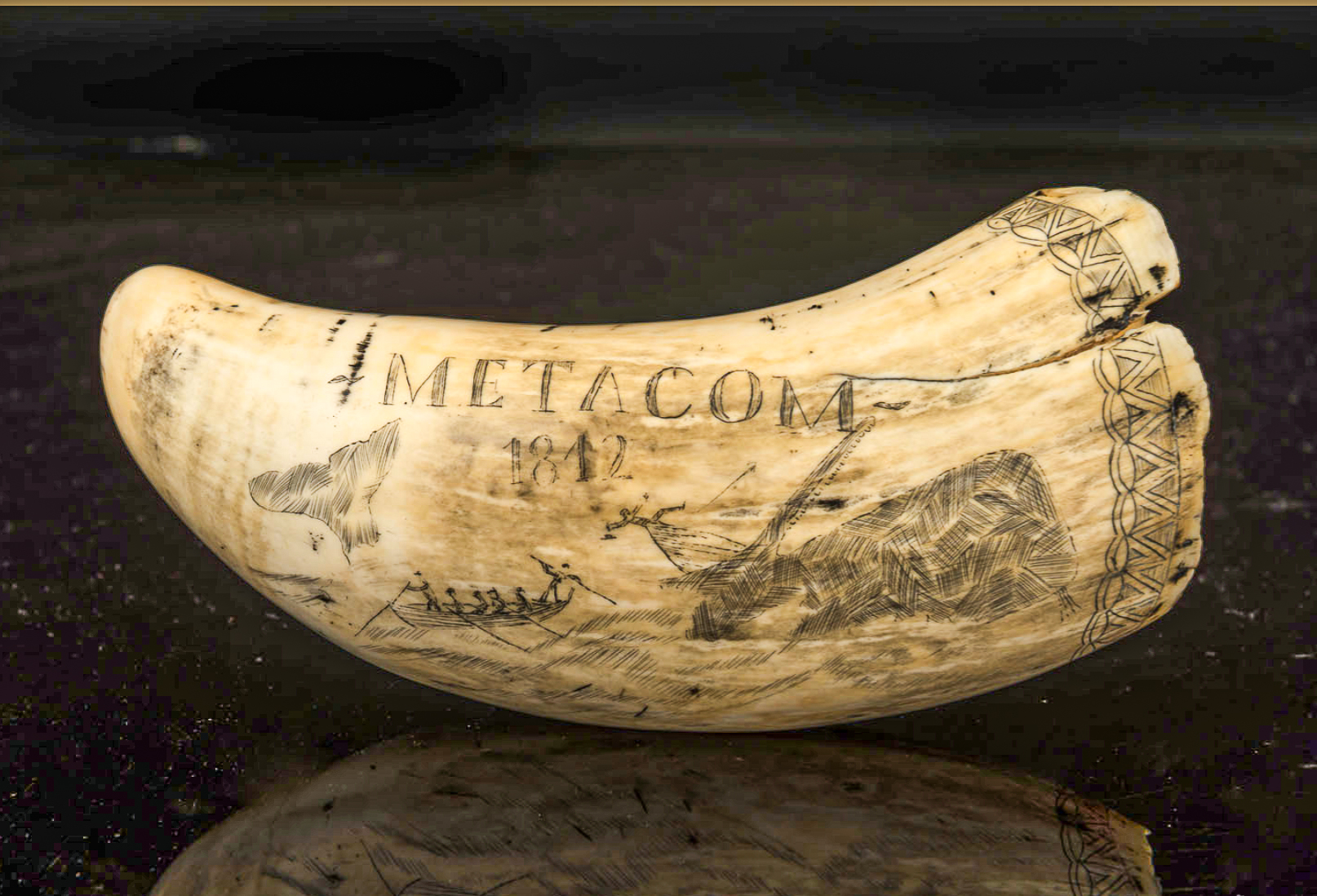

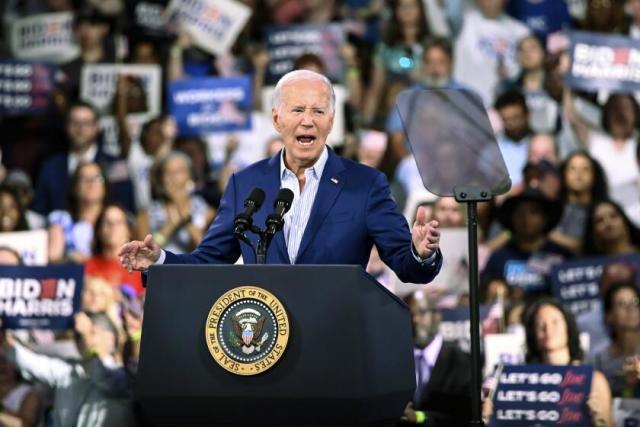

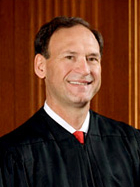
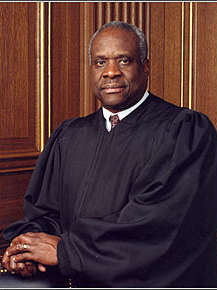



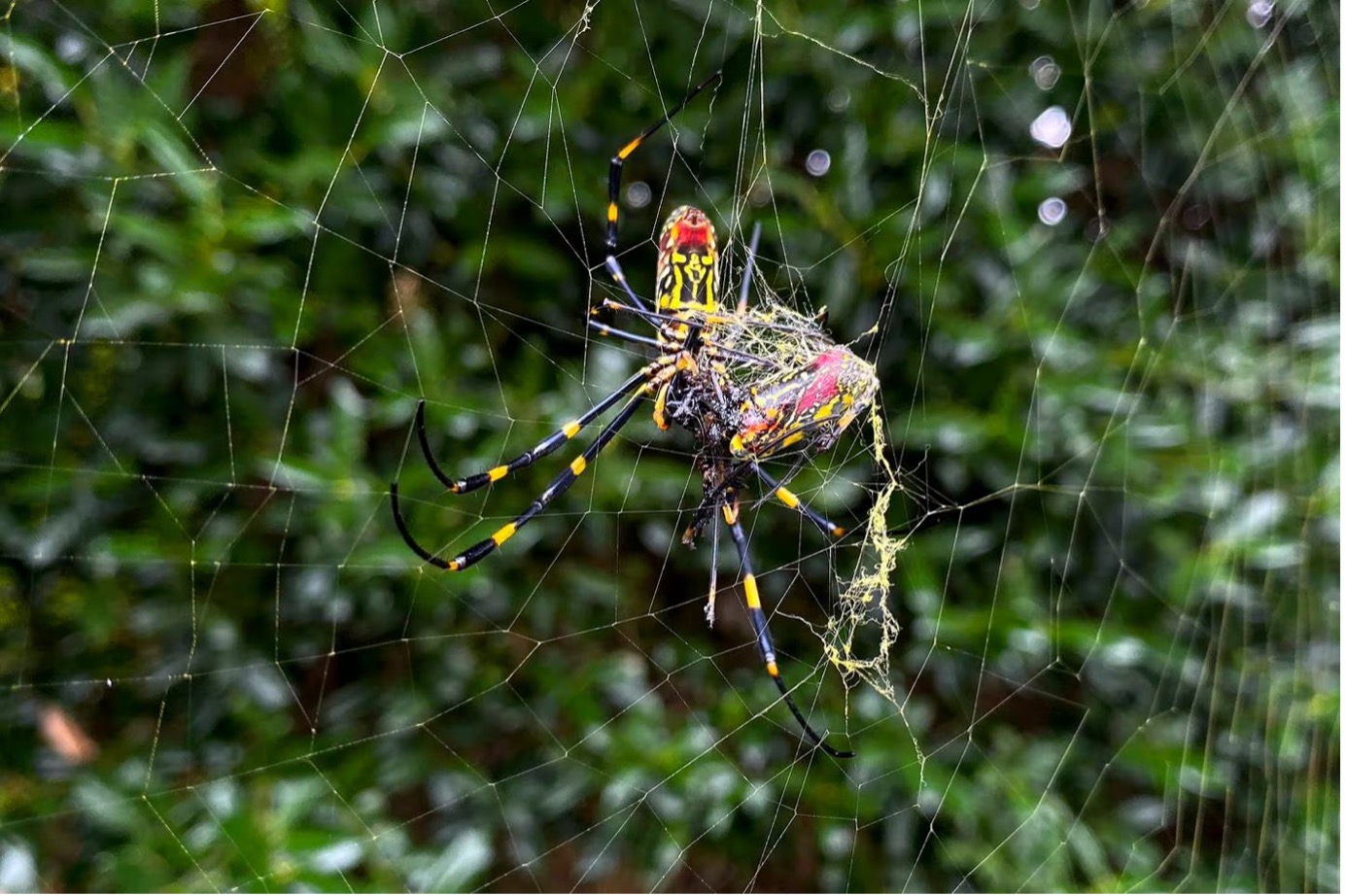

 So there you are, it started with a reflection on the Joba “spider wars”; and ended up in my reminiscing of a time when you could always buy “a spider” at the local milk bar. I used to love them!
So there you are, it started with a reflection on the Joba “spider wars”; and ended up in my reminiscing of a time when you could always buy “a spider” at the local milk bar. I used to love them! So, instead, they went with the usual pointless crap that is both ridiculous and could never pass the House anyways with their razor thin majority that seems to be shrinking by the day. We must say though, this set of bills is the most blatant form of orange-nosing we’ve seen yet. In addition to naming Dulles Airport after the convict, they want to name an area of water surrounding Florida the “Donald John Trump Exclusive Economic Zone of the United States.” And the cherry on top? Not only does the House GOP want to bring back the $500 bill, but they want to put a portrait of Trump on the front of it. Lincoln Project
So, instead, they went with the usual pointless crap that is both ridiculous and could never pass the House anyways with their razor thin majority that seems to be shrinking by the day. We must say though, this set of bills is the most blatant form of orange-nosing we’ve seen yet. In addition to naming Dulles Airport after the convict, they want to name an area of water surrounding Florida the “Donald John Trump Exclusive Economic Zone of the United States.” And the cherry on top? Not only does the House GOP want to bring back the $500 bill, but they want to put a portrait of Trump on the front of it. Lincoln Project 

 I was opposed to the Vietnam war; two of us got massively drunk watching in horror the landslide Coalition victory in the 1966 Federal election. I never marched; I worked for the Army; I examined young men for acceptance into the Vietnam War carnage; I silently protested; one night left on my own when my elderly companion examining doctor was indisposed, I failed everyone. Maybe I saved them from a conscripted life – or death – and the destructive mental aftermath of those soldiers I saw who presented at my regular morning clinic in the Victoria Barracks.
I was opposed to the Vietnam war; two of us got massively drunk watching in horror the landslide Coalition victory in the 1966 Federal election. I never marched; I worked for the Army; I examined young men for acceptance into the Vietnam War carnage; I silently protested; one night left on my own when my elderly companion examining doctor was indisposed, I failed everyone. Maybe I saved them from a conscripted life – or death – and the destructive mental aftermath of those soldiers I saw who presented at my regular morning clinic in the Victoria Barracks. For a secular state, it is easy to dismiss such statements, but my wish would be that pomegranates grown in the College be given each year at a Chapel service as an appropriate beneficence. Unfortunately, harvest time for pomegranates in Australia does not coincide with the Feast of St Luke in October – the patron saint who guides the compassionate skilful hand. To which we respond looking into the copse of pomegranate trees.
For a secular state, it is easy to dismiss such statements, but my wish would be that pomegranates grown in the College be given each year at a Chapel service as an appropriate beneficence. Unfortunately, harvest time for pomegranates in Australia does not coincide with the Feast of St Luke in October – the patron saint who guides the compassionate skilful hand. To which we respond looking into the copse of pomegranate trees.
 I’m afraid when all this happened you – Dutton – were locked in a pre-morula suspension, a shining speck in the Galaxy just waiting to emerge to grace our country’s demise.
I’m afraid when all this happened you – Dutton – were locked in a pre-morula suspension, a shining speck in the Galaxy just waiting to emerge to grace our country’s demise.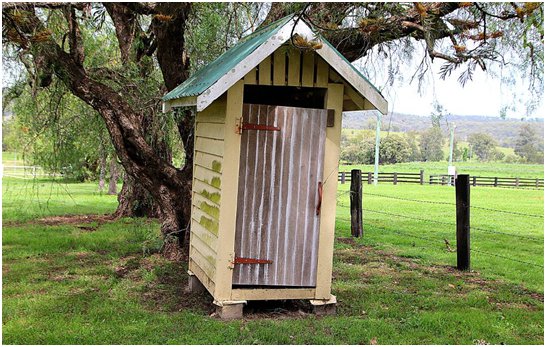
 Last week, we received a circular from our local Council congratulating us on our performance in putting all our organic waste into the green bins provided. As a reward the Council delivered each household 75 compostable kitchen caddy liners free and told us that the emissions saved by our collective efforts were equivalent of taking 9,000 cars off the road for a year. The waste is commercially composted and not dumped in landfill, where it’s liable to emit methane and, according to the circular, methane is 28 times more potent than carbon dioxide. The compost produced is sent to “Aussie farmers” apparently.
Last week, we received a circular from our local Council congratulating us on our performance in putting all our organic waste into the green bins provided. As a reward the Council delivered each household 75 compostable kitchen caddy liners free and told us that the emissions saved by our collective efforts were equivalent of taking 9,000 cars off the road for a year. The waste is commercially composted and not dumped in landfill, where it’s liable to emit methane and, according to the circular, methane is 28 times more potent than carbon dioxide. The compost produced is sent to “Aussie farmers” apparently. I grew up with wood fires, gas cooking and inefficient electrical appliances. We had fires in winter, because we still had fireplaces, but our chimney has been capped, and we have not had an open fire for over 20 years. We toyed with replacing that with gas heating, which we never did, but now we are about to install air conditioning. We still cook with gas, as we cooked with when I was a child. What is the incentive to change, given that a switch will entail a significant cost in installing the required connection in an old terrace house. We have not placed solar panels on our roof, even though we have discussed doing it. It is not only cost but also priority.
I grew up with wood fires, gas cooking and inefficient electrical appliances. We had fires in winter, because we still had fireplaces, but our chimney has been capped, and we have not had an open fire for over 20 years. We toyed with replacing that with gas heating, which we never did, but now we are about to install air conditioning. We still cook with gas, as we cooked with when I was a child. What is the incentive to change, given that a switch will entail a significant cost in installing the required connection in an old terrace house. We have not placed solar panels on our roof, even though we have discussed doing it. It is not only cost but also priority. From Amazonia came cassava at the time when the hunter gatherer society was giving way to the agricultural revolution – as paraphrased from the Washington Post. (It was a) trade off between calories used up for hunting against staying at home and growing edible products, gradually improving the productivity of them.
From Amazonia came cassava at the time when the hunter gatherer society was giving way to the agricultural revolution – as paraphrased from the Washington Post. (It was a) trade off between calories used up for hunting against staying at home and growing edible products, gradually improving the productivity of them.  Even though it became a staple food, when raw, it is toxic. This toxicity gave the plant pest resistance and herbivorous animals shied away from eating it. In technical terms, when cassava’s cells are damaged, by chewing or crushing, for instance, the linamarin and linamarase react, releasing a burst of noxious chemicals. One of them is cyanide gas. The burst contains other nasty substances as well, including nitriles and cyanohydrins. Large doses of them are lethal.
Even though it became a staple food, when raw, it is toxic. This toxicity gave the plant pest resistance and herbivorous animals shied away from eating it. In technical terms, when cassava’s cells are damaged, by chewing or crushing, for instance, the linamarin and linamarase react, releasing a burst of noxious chemicals. One of them is cyanide gas. The burst contains other nasty substances as well, including nitriles and cyanohydrins. Large doses of them are lethal. 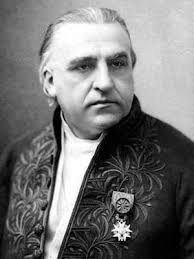





 For myself, who was involved in various aspects of Australia’s response to the Vietnam War, it is chilling to see this rerun of the late 1960s on American university campuses. How long will it be before America ends in a Kent State University revival with four students been shot dead by a National Guard, with some image of it being portrayed on social media? You don’t need social media to see the image of the young woman crying over the lifeless body. No memorial for the Unknown Protestor.
For myself, who was involved in various aspects of Australia’s response to the Vietnam War, it is chilling to see this rerun of the late 1960s on American university campuses. How long will it be before America ends in a Kent State University revival with four students been shot dead by a National Guard, with some image of it being portrayed on social media? You don’t need social media to see the image of the young woman crying over the lifeless body. No memorial for the Unknown Protestor.



 Florida Governor Ron DeSantis makes a fencepost look like Mensa material. I’m indebted to The Economist for pointing out how much of a dunce this man is. Apparently, a couple of television crime episodes centred around the supposed fact that one could absorb fentanyl through the skin. Expert opinion said that this was rubbish, no evidence. But the rumours were such that DeSantis made it a felony punishable by incarceration to cause “absorption through the skin of fentanyl leading to “an overdose or serious bodily injury”. As The Economist reports “The law creates a felony assault for something that is scientifically impossible and has never happened”.
Florida Governor Ron DeSantis makes a fencepost look like Mensa material. I’m indebted to The Economist for pointing out how much of a dunce this man is. Apparently, a couple of television crime episodes centred around the supposed fact that one could absorb fentanyl through the skin. Expert opinion said that this was rubbish, no evidence. But the rumours were such that DeSantis made it a felony punishable by incarceration to cause “absorption through the skin of fentanyl leading to “an overdose or serious bodily injury”. As The Economist reports “The law creates a felony assault for something that is scientifically impossible and has never happened”.
 At the same time, coaches have developed the skills of spoiling, so that a footballer going to mark the ball has a flurry of arms, fists, elbows to negotiate – literally a tree of man. Inevitably the head becomes an unintentional target, when you are vulnerable with arms extended, and someone attempting to fist the ball away, instead strikes the vulnerable head. The game being so fast is impossible to umpire the myriad infringements. Four umpires are meant to modify the violent aspects. They seem incapable, because of the speed of the game. Free kicks become arbitrary, rather than limit the inherent violence of the game, especially when a tangle of players occurs.
At the same time, coaches have developed the skills of spoiling, so that a footballer going to mark the ball has a flurry of arms, fists, elbows to negotiate – literally a tree of man. Inevitably the head becomes an unintentional target, when you are vulnerable with arms extended, and someone attempting to fist the ball away, instead strikes the vulnerable head. The game being so fast is impossible to umpire the myriad infringements. Four umpires are meant to modify the violent aspects. They seem incapable, because of the speed of the game. Free kicks become arbitrary, rather than limit the inherent violence of the game, especially when a tangle of players occurs.
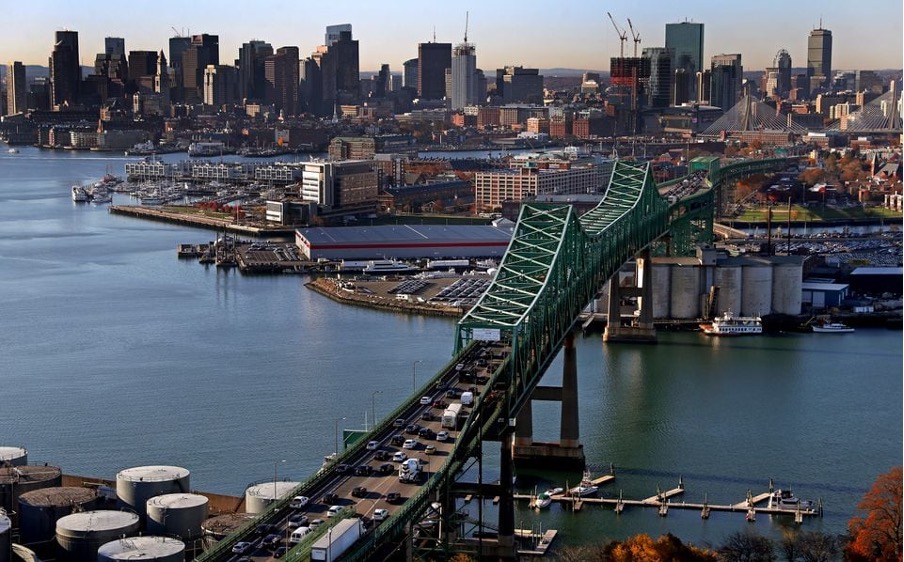 I am from Baltimore, born and bred. Grew up at the inner harbor, Patapsco River…oh yeah Hon, ain’t the beer cold and let’s get some Natty Bohs and jumbos! I now live in Southern California. I was in the desert two days ago and a young woman, who happens to be a car salesperson (I was shopping for cars) got to talking to me about the bridge collapse. Lawd have mercy…may I repeat, she’s a car salesperson…she starts in with how the Bay Pilot did it on purpose. Steered directly for the main support pillars and took out the FSK Bridge. I said, but the freighter lost power and is more or less the size of Nimitz Aircraft Carrier going eight knots and you think he can just turn it on a dime…? Her eyes glazed over…Social media has done far more harm than good is all I’m saying. You should watch this guy on YouTube. He debunks conspiracy theories-this one pertaining to FSK Bridge. – A person responding in Boston Globe.
I am from Baltimore, born and bred. Grew up at the inner harbor, Patapsco River…oh yeah Hon, ain’t the beer cold and let’s get some Natty Bohs and jumbos! I now live in Southern California. I was in the desert two days ago and a young woman, who happens to be a car salesperson (I was shopping for cars) got to talking to me about the bridge collapse. Lawd have mercy…may I repeat, she’s a car salesperson…she starts in with how the Bay Pilot did it on purpose. Steered directly for the main support pillars and took out the FSK Bridge. I said, but the freighter lost power and is more or less the size of Nimitz Aircraft Carrier going eight knots and you think he can just turn it on a dime…? Her eyes glazed over…Social media has done far more harm than good is all I’m saying. You should watch this guy on YouTube. He debunks conspiracy theories-this one pertaining to FSK Bridge. – A person responding in Boston Globe.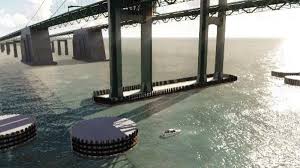
 I must confess I had one small episode. I looked at my watch, and I could not connect with it telling the time. I do not know how long this episode lasted, but it was so strange, and I did not realise what it was until it cleared. It was a very strange sensation – not fog – just non-recognition of what I started out to do, read the time.
I must confess I had one small episode. I looked at my watch, and I could not connect with it telling the time. I do not know how long this episode lasted, but it was so strange, and I did not realise what it was until it cleared. It was a very strange sensation – not fog – just non-recognition of what I started out to do, read the time.
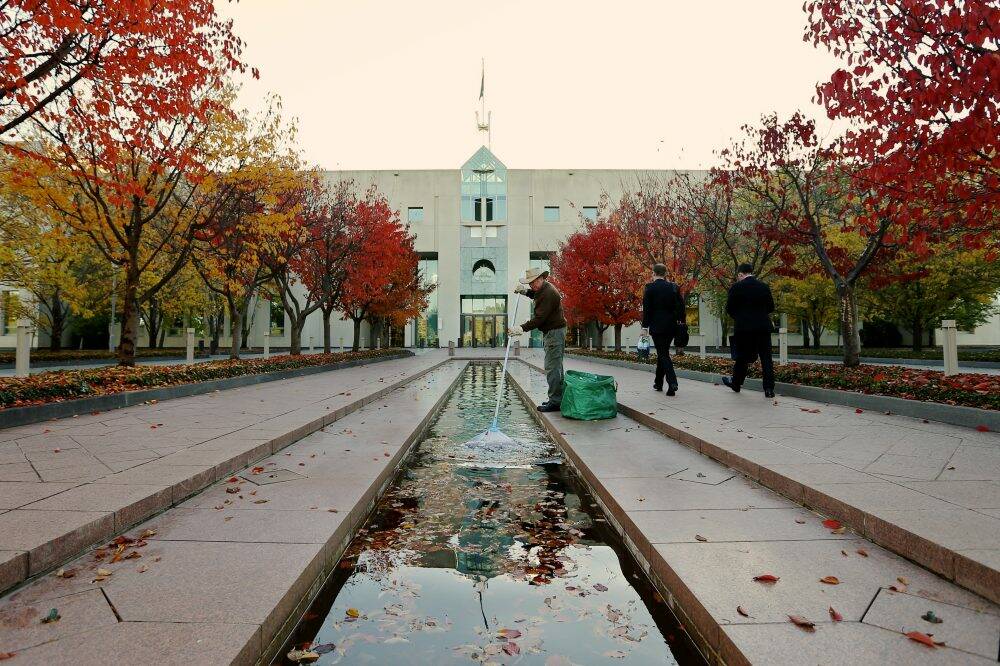
 This is a constituency that can afford large petrol or diesel powered vehicles, enjoy hunting and fishing, can afford to take the family on holidays inter alia to Queensland, and in the main live in a male world, in the traditional heterosexual society which does not write the opinion pieces of tomorrow’s sublimation in the media ether.
This is a constituency that can afford large petrol or diesel powered vehicles, enjoy hunting and fishing, can afford to take the family on holidays inter alia to Queensland, and in the main live in a male world, in the traditional heterosexual society which does not write the opinion pieces of tomorrow’s sublimation in the media ether. Just a reminder of what I wrote on the eve of Remembrance Day last year. I think the Australian Government should be ashamed, especially those former Prime Ministers who signed that disgraceful grovelling letter – in flowing serif, of course.
Just a reminder of what I wrote on the eve of Remembrance Day last year. I think the Australian Government should be ashamed, especially those former Prime Ministers who signed that disgraceful grovelling letter – in flowing serif, of course.

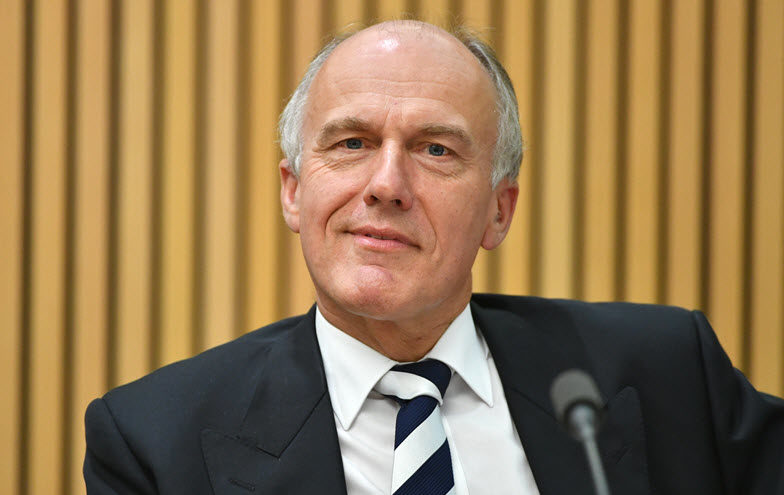 But then Eric is from “aways”, like we are. All Tasmanian invaders. Eric was more exotic, born in Stuttgart. His German lineage is what may be conservatively described as “right wing”. For example, quoting Wikipedia, Eric’s great uncle, Otto Abetz, was a Nazi SS officer, German ambassador to Vichy France, and a convicted war criminal. Eric’s grandfather was Karl Abetz, a professor of forestry science, who joined the Nazi Party in 1933 and became general consultant to the Reich Forestry Office in 1942.
But then Eric is from “aways”, like we are. All Tasmanian invaders. Eric was more exotic, born in Stuttgart. His German lineage is what may be conservatively described as “right wing”. For example, quoting Wikipedia, Eric’s great uncle, Otto Abetz, was a Nazi SS officer, German ambassador to Vichy France, and a convicted war criminal. Eric’s grandfather was Karl Abetz, a professor of forestry science, who joined the Nazi Party in 1933 and became general consultant to the Reich Forestry Office in 1942.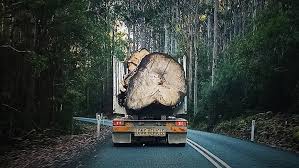 Tasmania has been lampooned as the place where if there was a tree, cut it down, especially native tree; if it was a river, dam it, and if it was a native animal, kill it. I remember when the sawmillers and the Hydroelectric Commission (HEC) ruled the State. Then there was the Mount Lyell mine, which turned Queenstown into a moonscape and the minerals used in the extraction of the copper and silver polluted the King River and Macquarie Harbour to such an extent that it was estimated that would take 200 years to clear up the pollution.
Tasmania has been lampooned as the place where if there was a tree, cut it down, especially native tree; if it was a river, dam it, and if it was a native animal, kill it. I remember when the sawmillers and the Hydroelectric Commission (HEC) ruled the State. Then there was the Mount Lyell mine, which turned Queenstown into a moonscape and the minerals used in the extraction of the copper and silver polluted the King River and Macquarie Harbour to such an extent that it was estimated that would take 200 years to clear up the pollution.
 An air crash by a Qantas or Virgin flight where all are killed fortunately may be very unlikely – but is the government doing anything about confronting and minimising the rising risks, the result of compromising safety for assuring shareholder and Master Joyce’s profit?
An air crash by a Qantas or Virgin flight where all are killed fortunately may be very unlikely – but is the government doing anything about confronting and minimising the rising risks, the result of compromising safety for assuring shareholder and Master Joyce’s profit?





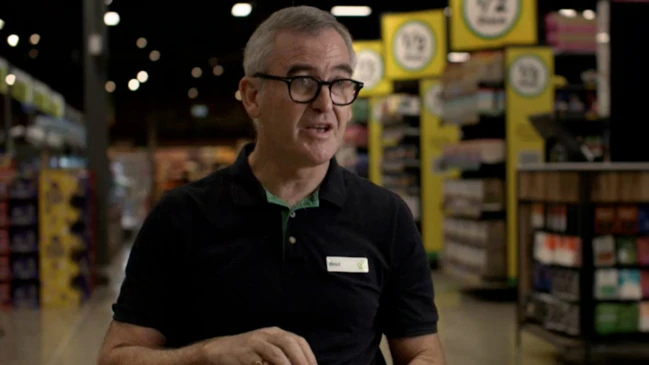

 In reality, it was a glitch in the Horizon software program, which the firm Fujitsu had been contracted to introduce, which they did in 1999. It was a flawed program whereby the governments and public service fought to not only preserve but also perpetuate the litany of wrong decisions. The flawed program indicated that there was a massive malfeasance among the sub-postmasters as revealed by the post office receipts.
In reality, it was a glitch in the Horizon software program, which the firm Fujitsu had been contracted to introduce, which they did in 1999. It was a flawed program whereby the governments and public service fought to not only preserve but also perpetuate the litany of wrong decisions. The flawed program indicated that there was a massive malfeasance among the sub-postmasters as revealed by the post office receipts.
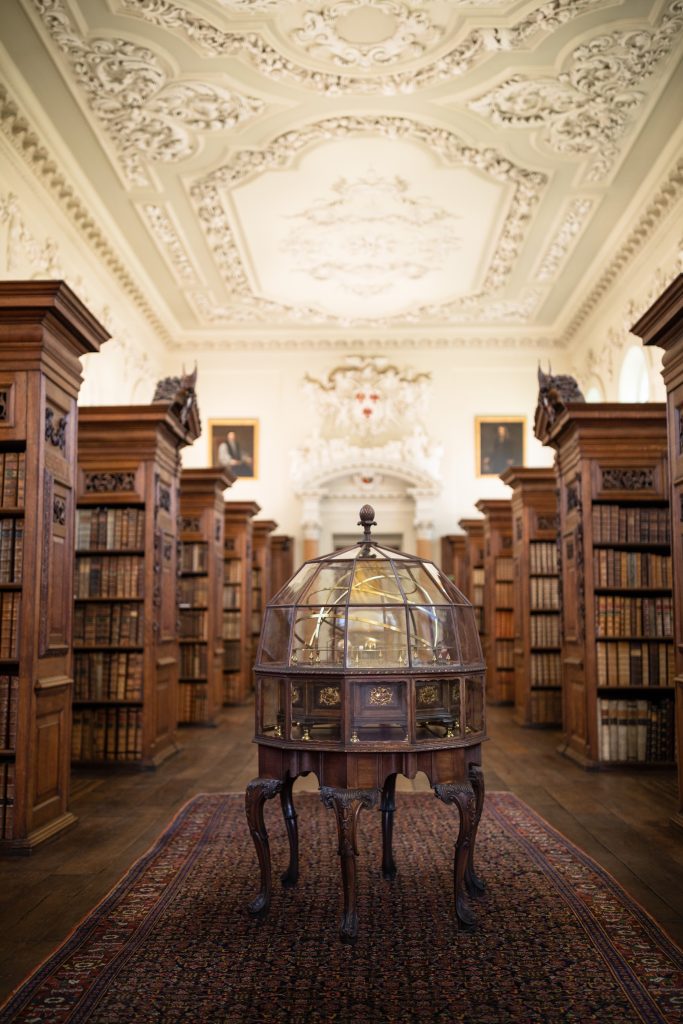
 Two of Trump’s committees, Save America leadership PAC and the Make America Great Again PAC, spent $55.6 million on legal bills in 2023, including $29.9 million in the second half of the year, according to the new reports released Wednesday. Washington Post.
Two of Trump’s committees, Save America leadership PAC and the Make America Great Again PAC, spent $55.6 million on legal bills in 2023, including $29.9 million in the second half of the year, according to the new reports released Wednesday. Washington Post.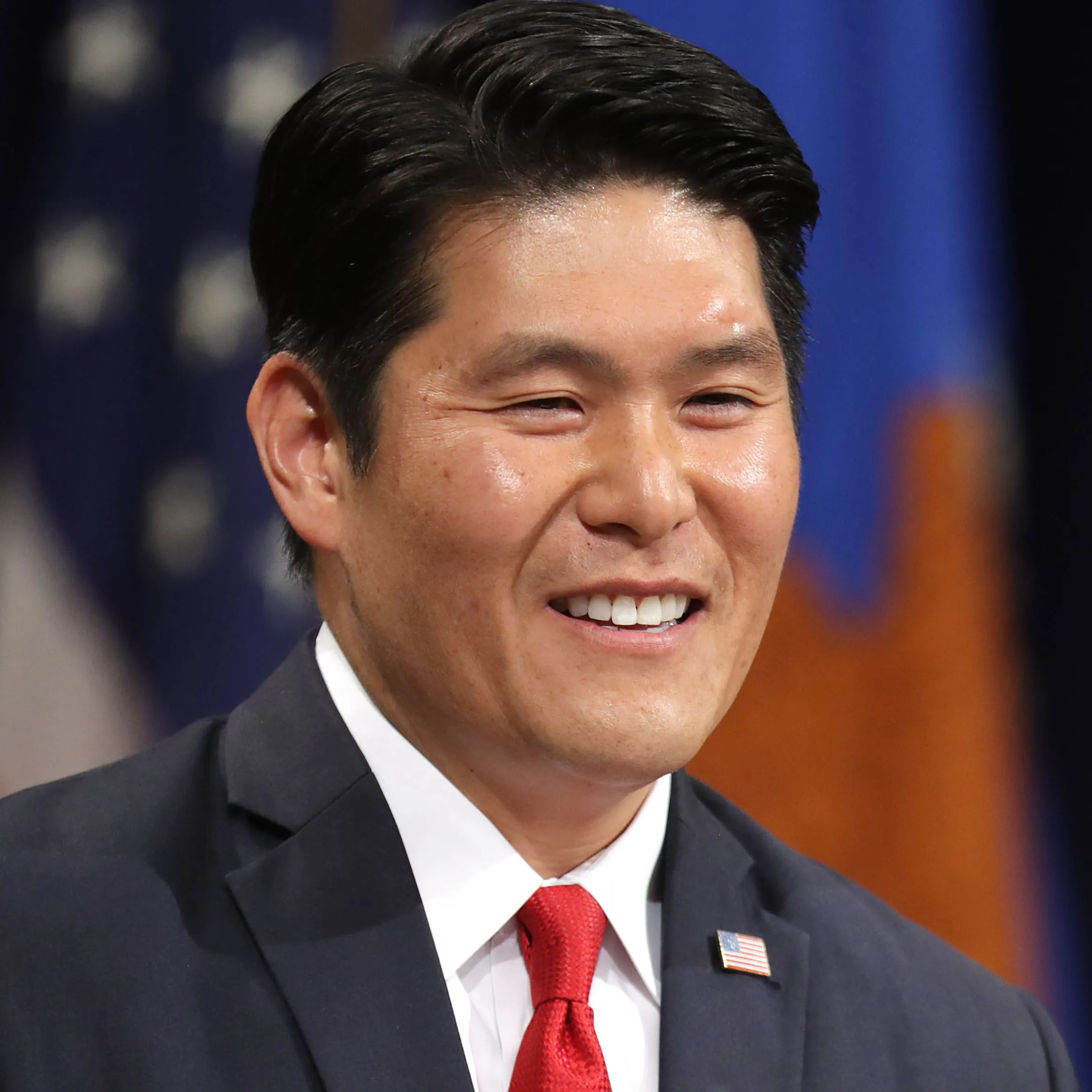

 It was also a time when the Barcelona football team (“Barca”) started on its winning ways, attracting a huge degree of worldwide support. I have visited Barcelona several times since. On one of these occasions, the city was out in force when the Barca football team crowded on the top of an open-aired double decker bus being driven through streets after winning the European Cup. Messi was very recognisable at the front of the team holding onto the bus rail.
It was also a time when the Barcelona football team (“Barca”) started on its winning ways, attracting a huge degree of worldwide support. I have visited Barcelona several times since. On one of these occasions, the city was out in force when the Barca football team crowded on the top of an open-aired double decker bus being driven through streets after winning the European Cup. Messi was very recognisable at the front of the team holding onto the bus rail.

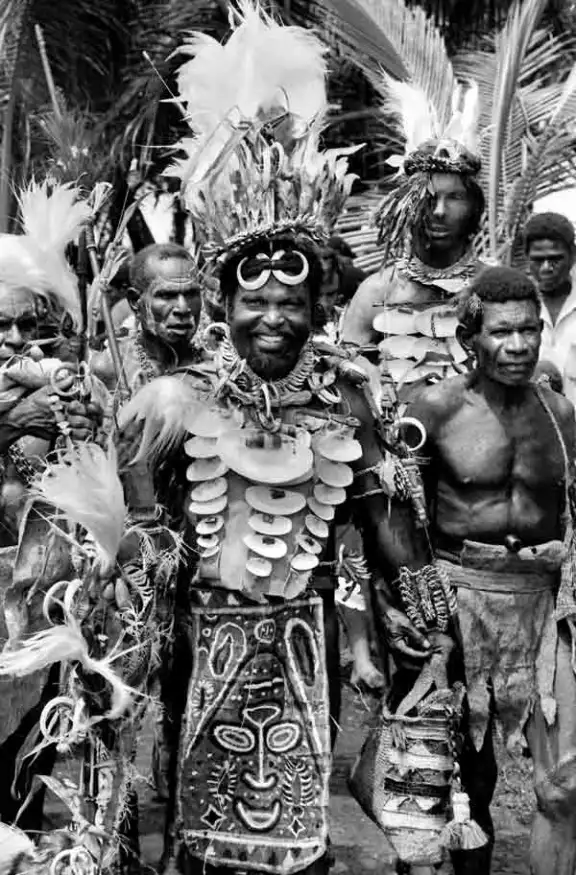
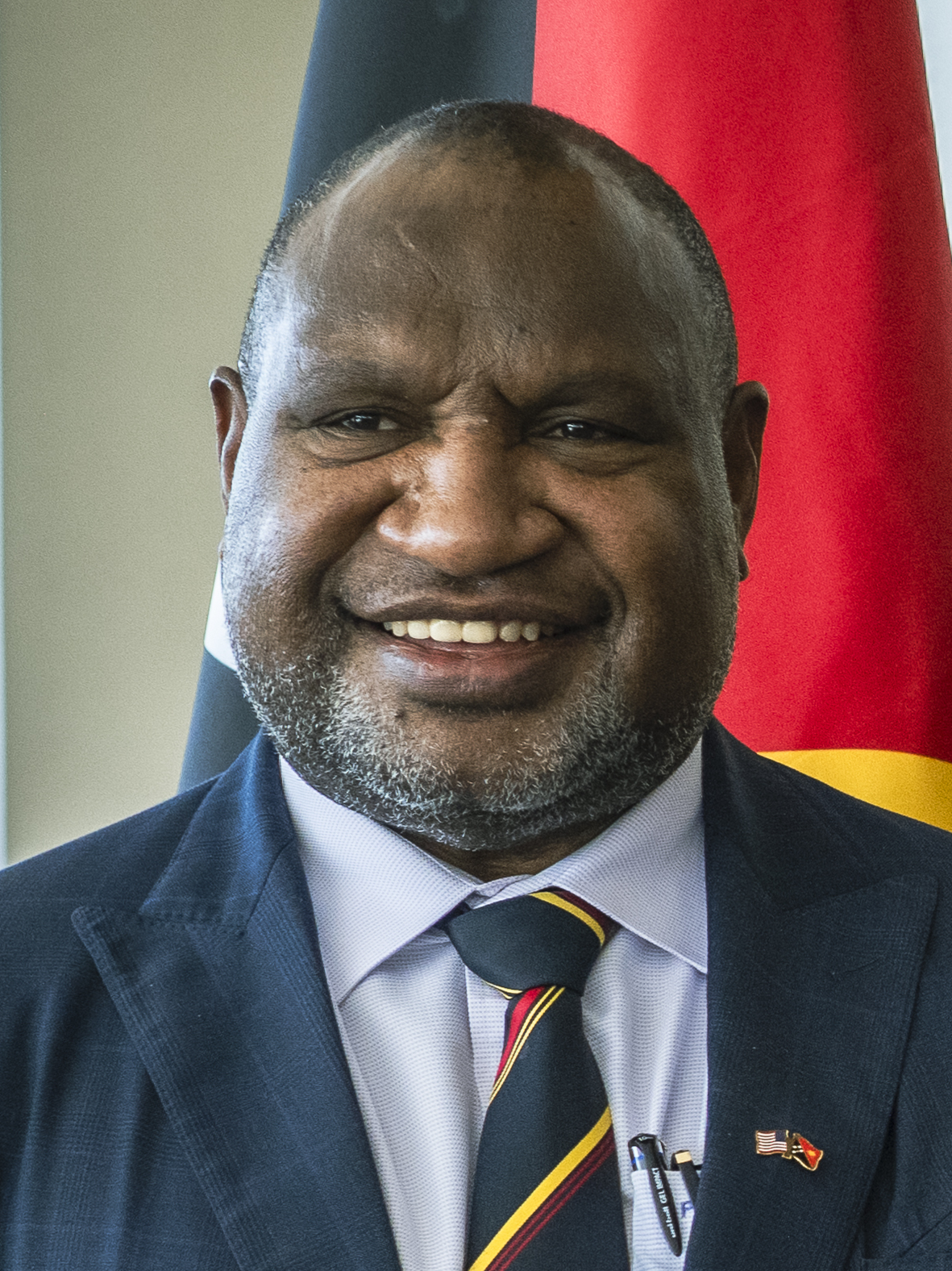

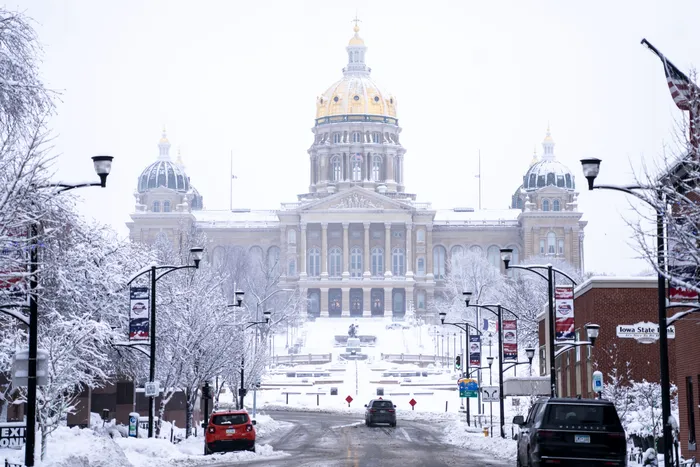
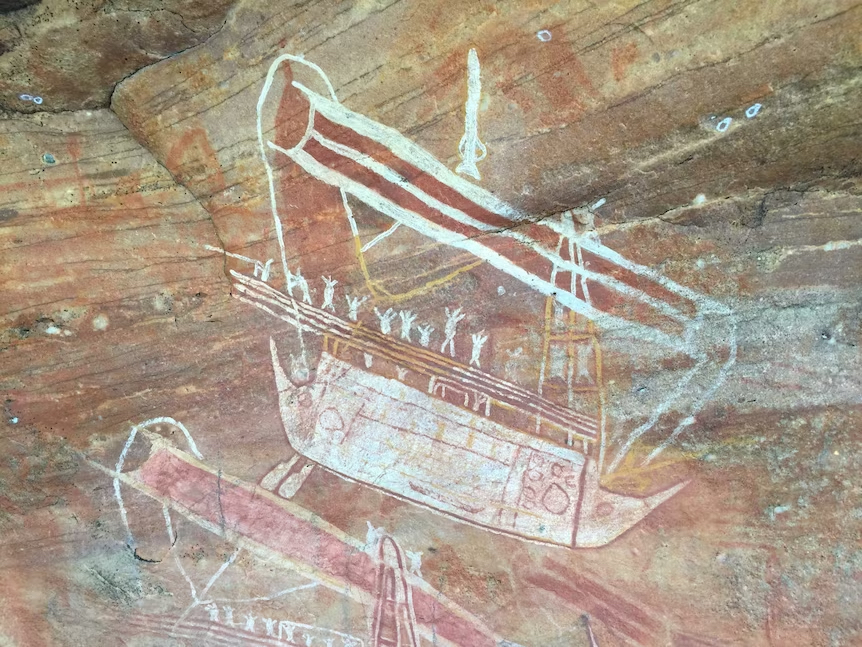
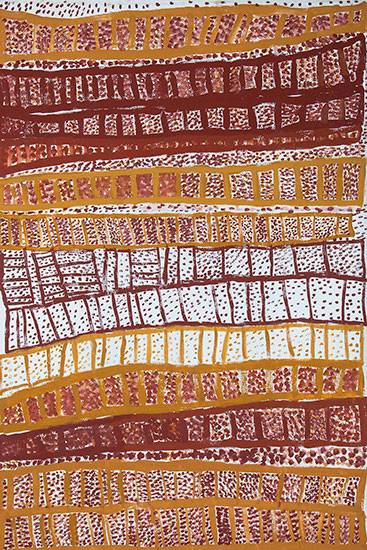
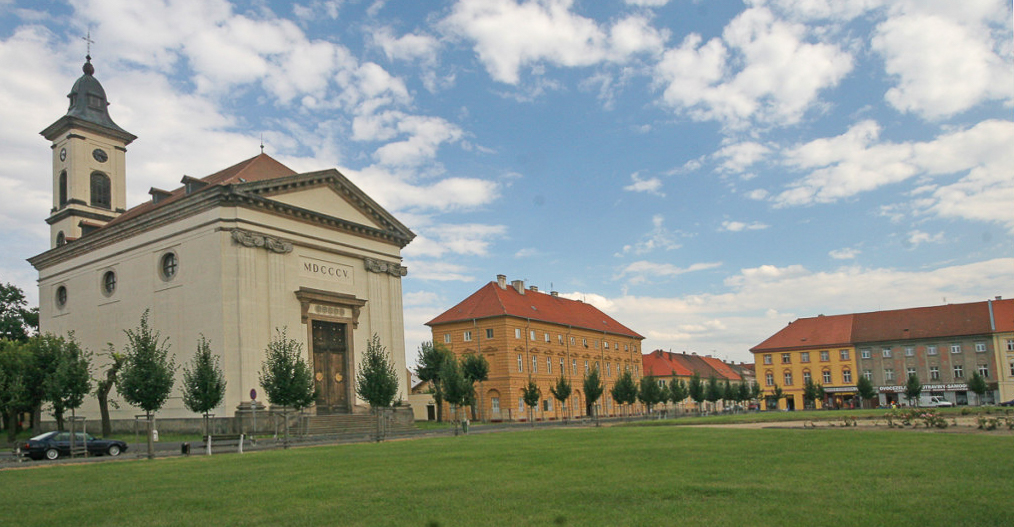
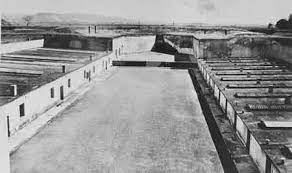
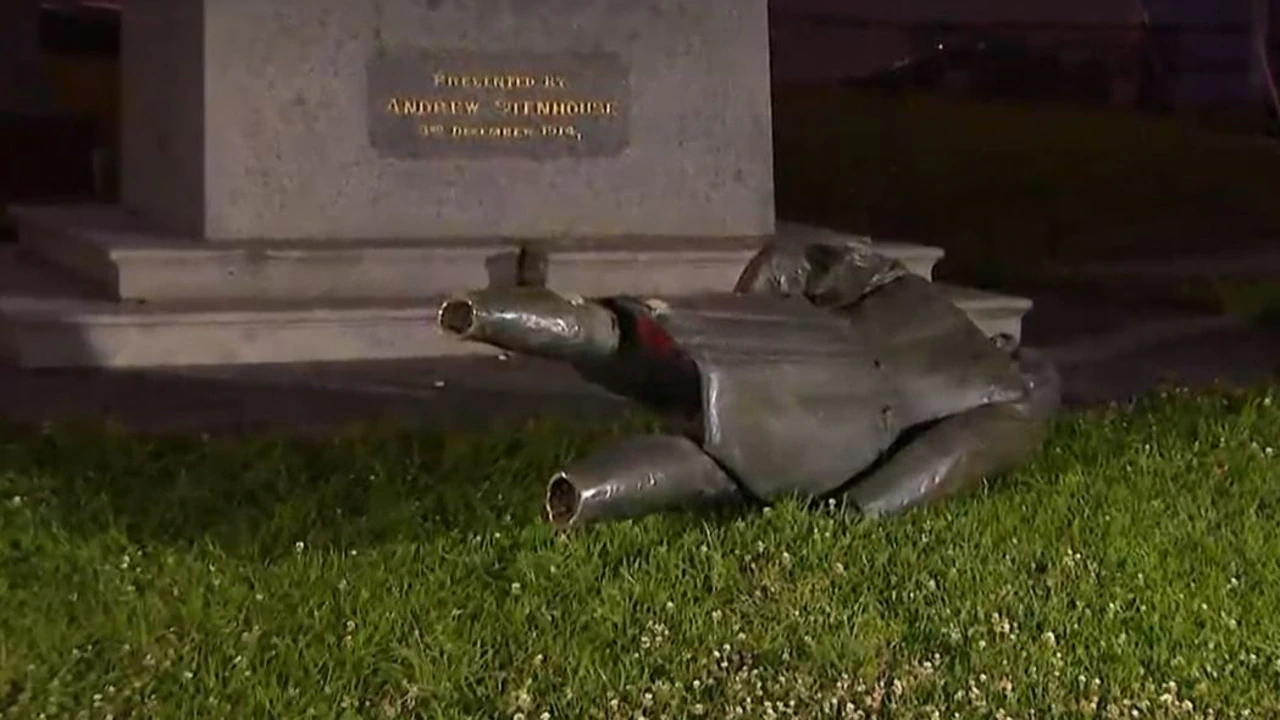
 Dutton, you should grow up, and address measured analyses such as that projected by John Quiggin as the Government seems to have done; instead of roaming around devising the heraldic symbols on the Dutton shield. A pineapple rampant?
Dutton, you should grow up, and address measured analyses such as that projected by John Quiggin as the Government seems to have done; instead of roaming around devising the heraldic symbols on the Dutton shield. A pineapple rampant?